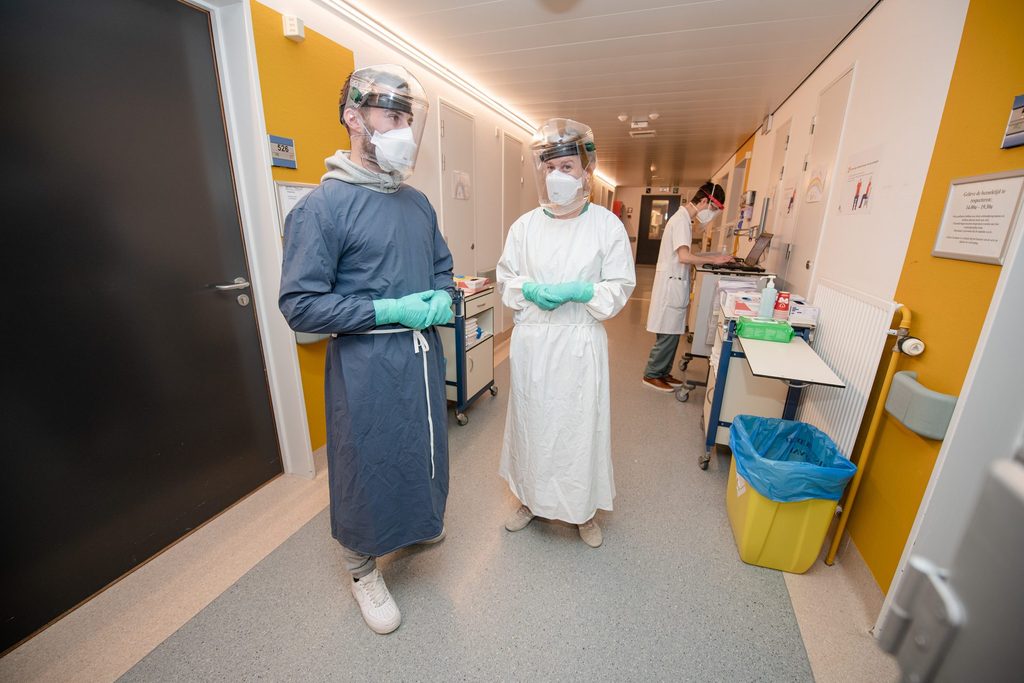An 'atypical' pneumonia caused by the bacterium Mycoplasma pneumoniae has virtually disappeared worldwide since the outbreak of the Covid-19 pandemic, according to an international study with Swiss participation.
Three years on, it has still not reappeared, despite a few isolated outbreaks.
While hygiene measures and the fight against the Covid-19 pandemic explain the drastic drop in Mycoplasma pneumonia infections, scientists are wondering why the disease has still not reappeared. After social distancing measures were lifted, there were other pathogens that did make a return.
"We assume that mycoplasma will return, but the question is when," said Patrick Meyer Sauteur from the University Paediatric Hospital in Zurich. Meyer Sauteur was the first author of the study, which was published in the journal The Lancet Microbe.
Surveillance has been set up at the international level because immunity in the population has declined over the past three years and a comeback could result in more serious and frequent infections than in the past.
The authors explain that the prolonged absence of the bacteria is due to its longer generation time (six hours, compared with 10-20 minutes for other conventional bacteria), and slower incubation (one to three weeks) of mycoplasmas. This research was carried out at 42 sites across 23 countries. The bacterium was detected in only 214 PCR tests out of a total of 212,207.
Related News
Mycoplasma pneumonia is endemic worldwide, with regular epidemic upsurges. The disease is most common when temperatures are high, in the summer and early autumn.
Discovered in the 1940s, the microorganism was long considered to be a virus. It can cause serious health complications, such as dermatological lesions and damage to the central nervous system.

